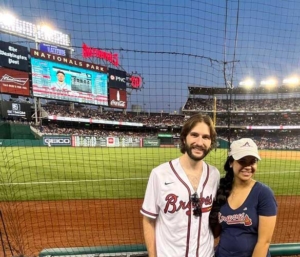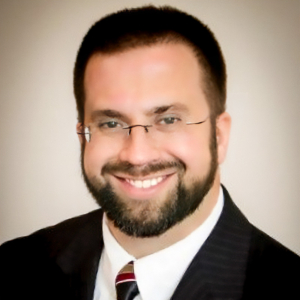UGA Class of 2022 achieves 96% career outcomes rate
Class of 2022 results are in, and once again, University of Georgia graduates have shown that their experience as UGA students prepared them to succeed beyond graduation.
According to career outcomes data released by the UGA Career Center, 96% of UGA Class of 2022 graduates were employed or continuing their education within six months of graduation.
This year marks UGA’s 11th consecutive year with a career outcomes rate of 90% or higher. The career outcomes rate of UGA’s previous seven graduating classes has consistently been 8% to 11% higher than the national career outcomes rate, as published by the National Association of Colleges and Employers.
Among the Class of 2022 UGA graduates, 63% reported being employed full time; 24% were continuing their education; and 10% were engaged in post-graduate internships, fellowships, residencies, postdoctoral research, part-time jobs or said they were not seeking employment.
“This impressive career outcomes rate reflects the positive impact of numerous collaborative efforts undertaken by the UGA community to prepare our students for successful careers,” said President Jere W. Morehead. “It is clear that a UGA education provides an extraordinary return on investment for our students and their families.”
UGA Class of 2022 graduates were hired by 2,998 unique employers and are working full time across a wide range of sectors, including:
- Business: 68%
- Education: 20%
- Government: 7%
- Nonprofits: 6%
Top employers include Amazon, Bank of America, Boehringer Ingelheim, Chick-fil-A, Delta Air Lines, PricewaterhouseCoopers and The Home Depot. See the full list.
GAINING EMPLOYMENT
Class of 2022 graduate Jessica Tardy found employment as a product analyst with FLEETCOR Technologies in Atlanta, where she manages customer insights, tests customer journeys, and coordinates product changes between cross-functional teams. Tardy says the UGA Career Center aided her search by connecting her with alumni through LinkedIn, TerryConnect and the UGA Mentor Program.
Like Tardy, 87% of graduates employed full time or in post-graduate internships reported that their job aligns with their career aspirations. Additionally, more than half of survey respondents who indicated that they were employed had secured their employment prior to graduation.
As a land-grant and sea-grant institution, UGA is committed to supporting Georgia’s workforce needs. Of the Class of 2022 graduates, 69% accepted jobs within Georgia, strengthening organizations and communities across the state. The remaining 31% secured positions across 48 U.S. states and 31 countries.
FURTHERING EDUCATION
Jaquarius K. Raglin is a 2022 graduate who chose to continue his education, pursuing a Master in the Study of Law from the University of Georgia’s School of Law. He is preparing for a career in health policy and credits the UGA Career Center with helping him prepare for life after school, especially through on-campus resume review days, one-on-one appointments with career consultants and finding a mentor through the UGA Mentor Program.
Raglin represents the 24% of Class of 2022 graduates who are now furthering their education in top schools such as Columbia University, New York University, the University of North Carolina at Chapel Hill, Vanderbilt University and, of course, UGA.
The UGA Career Center calculates the career outcomes rate each January by collecting information from surveys, phone calls, employer reporting, UGA departments, the National Student Clearinghouse and social media websites such as LinkedIn. The current data is based on the known career outcomes of 8,073 graduates from the Class of 2022.
NOTE: Percentages may add up to over 100 because of rounding.
For more information about the Class of 2022 career outcomes, visit career.uga.edu/outcomes.
To learn about hiring UGA graduates, visit hireuga.com.



